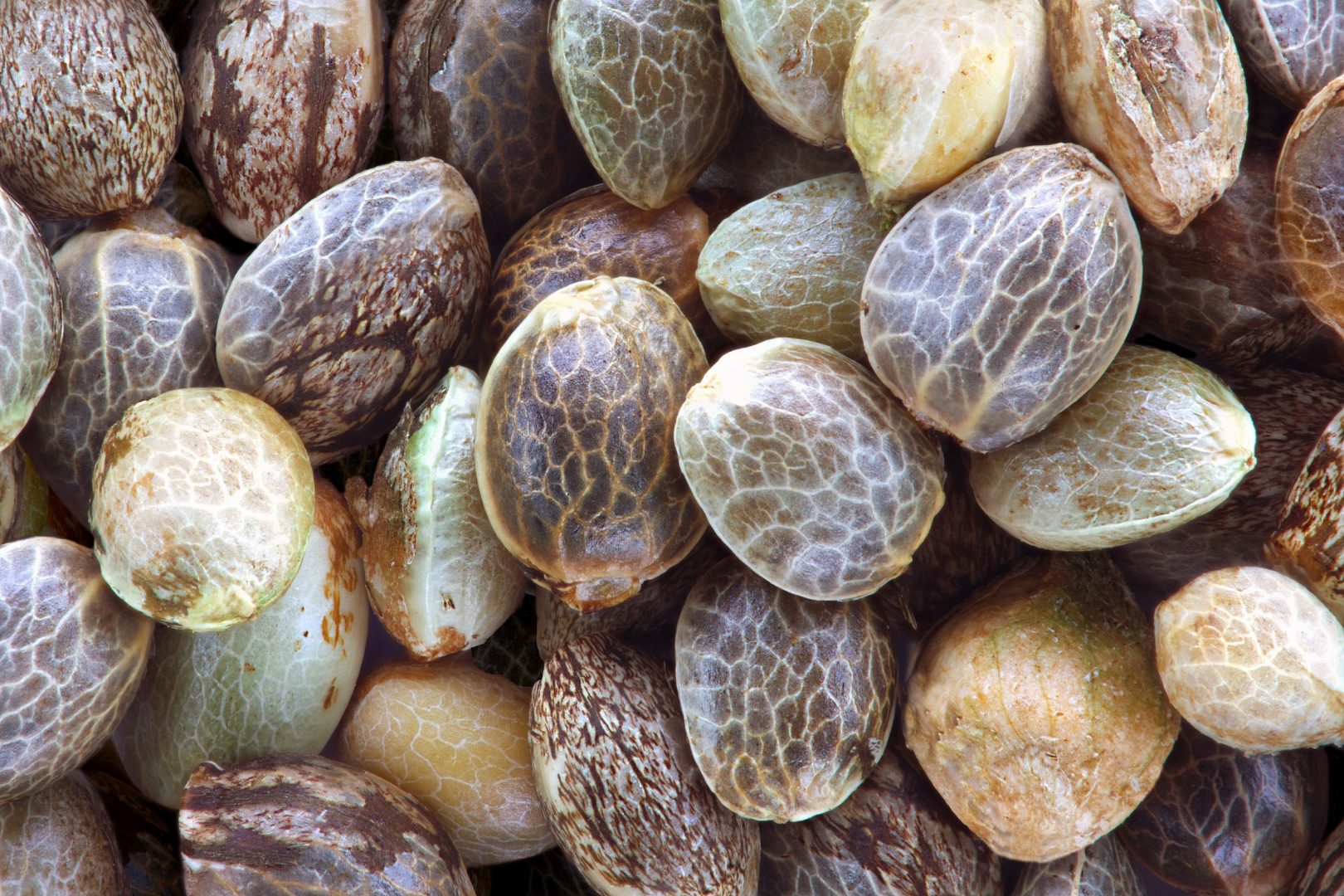
Industrial hempseed oil
When hemp seed is pressed, it creates an oil which can be used directly for nutritional and industrial products.

Door panels of certain series of BMW, Mercedes and Bugatti are manufactured using a hemp fibre basis.
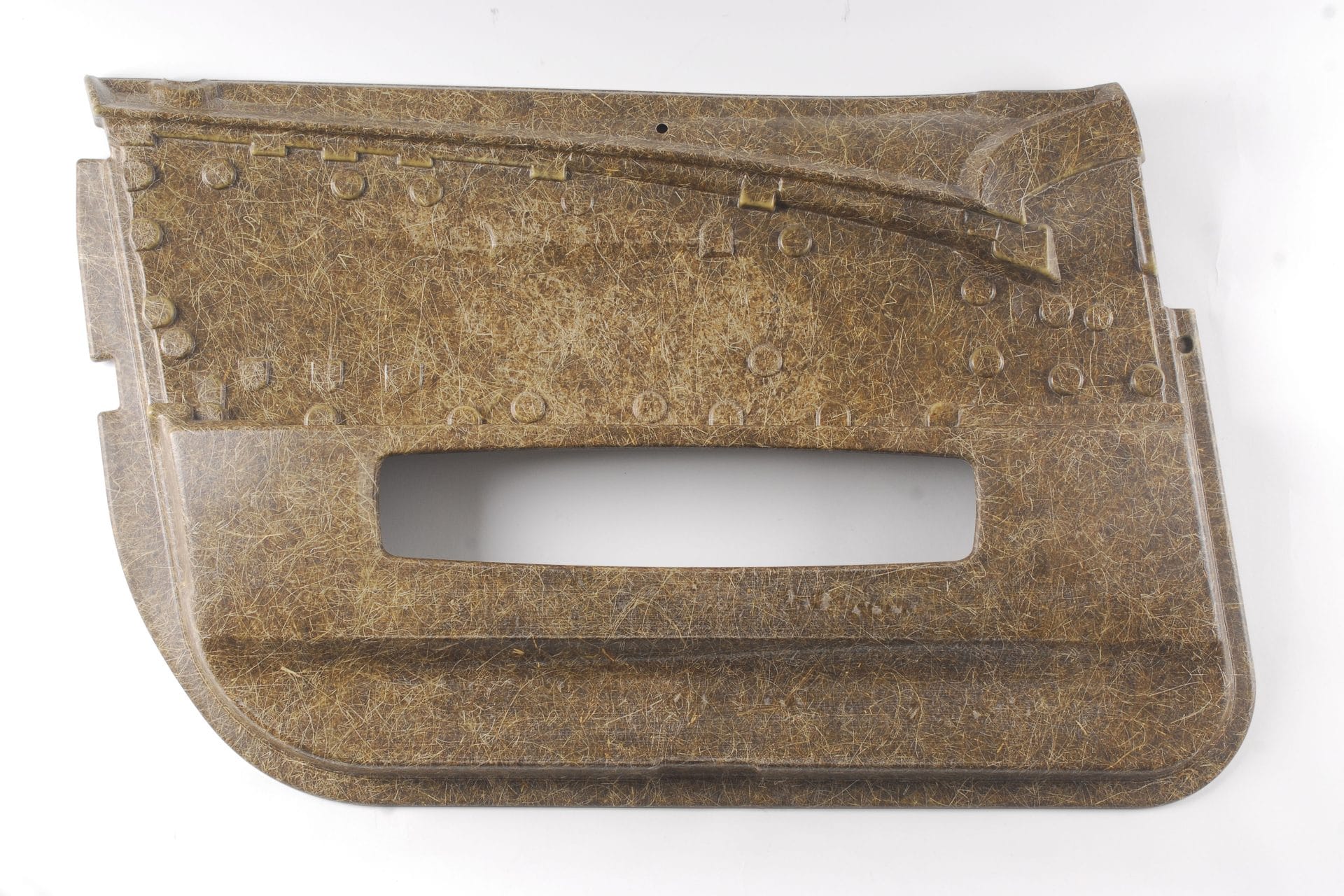
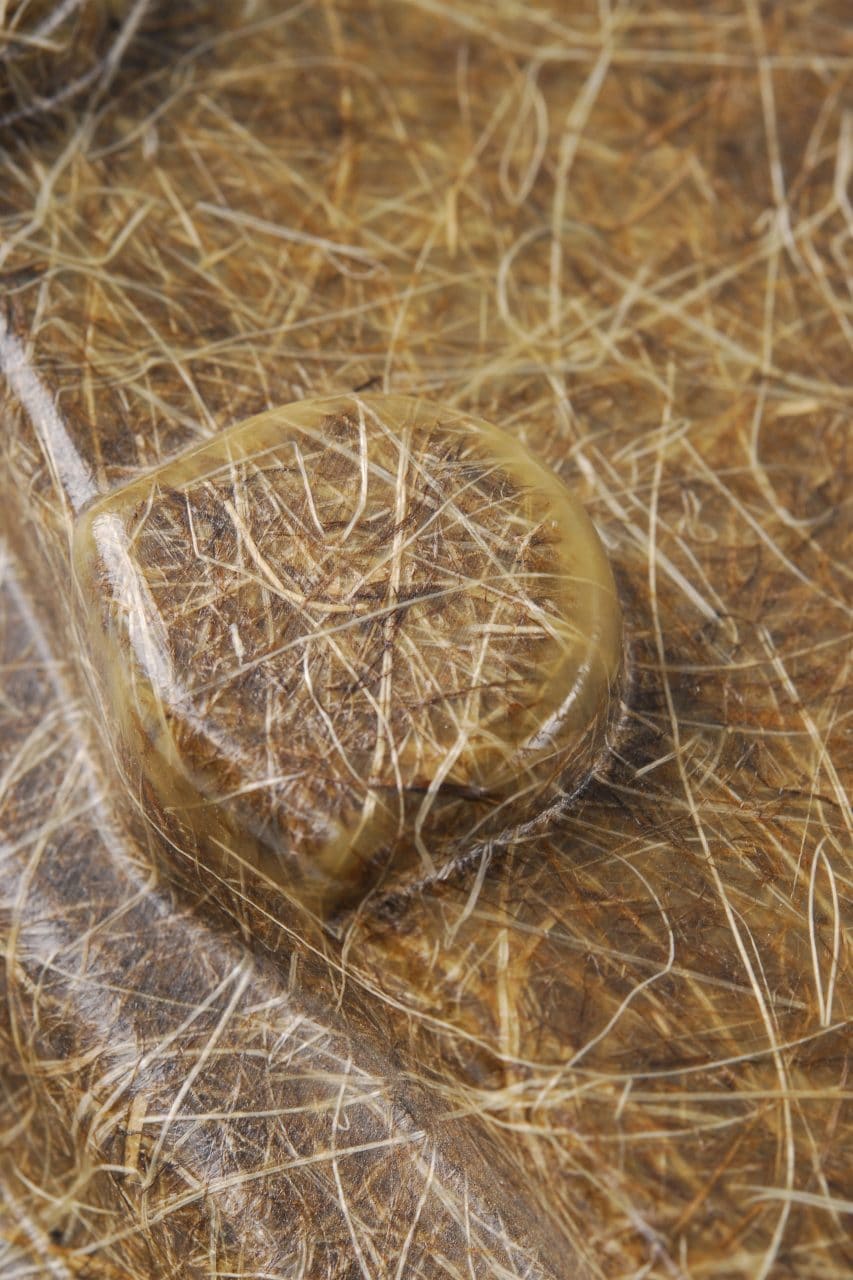
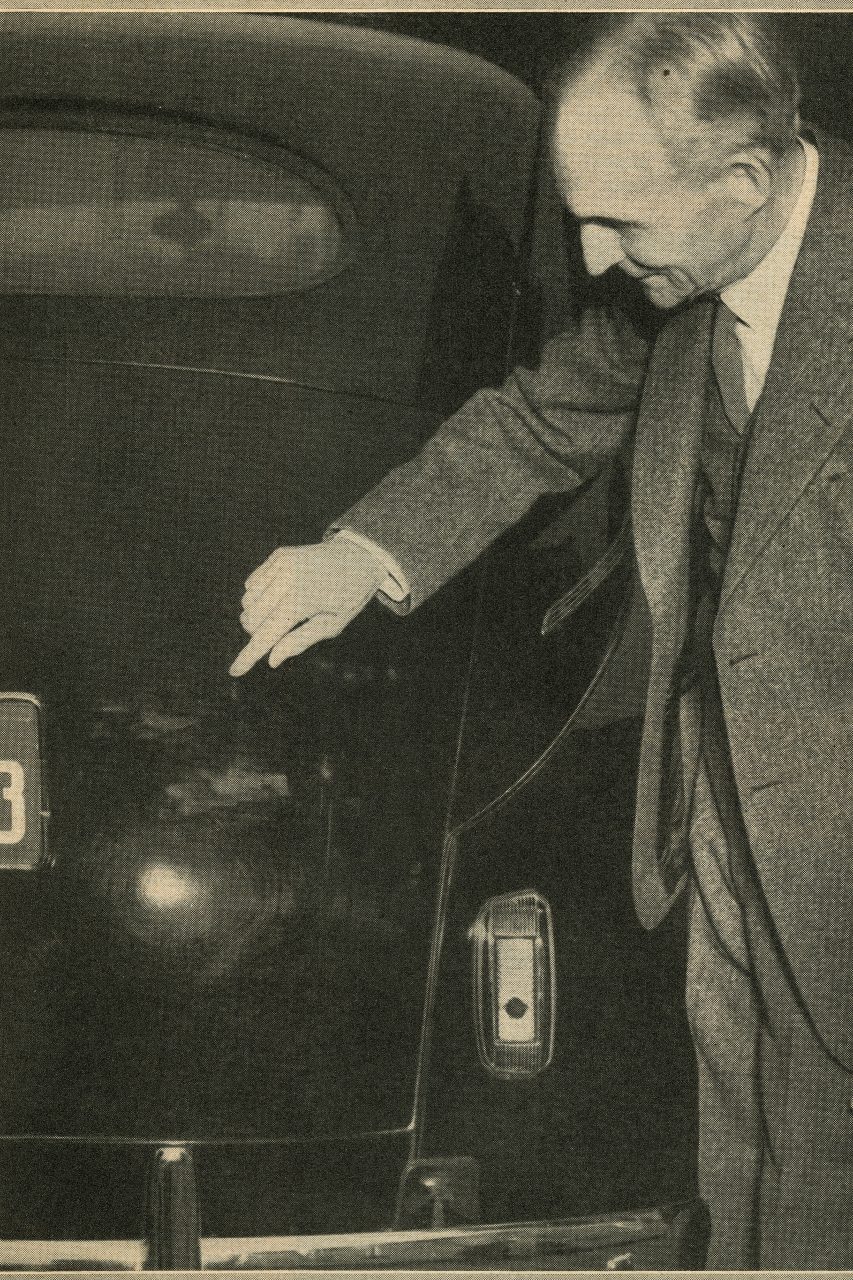
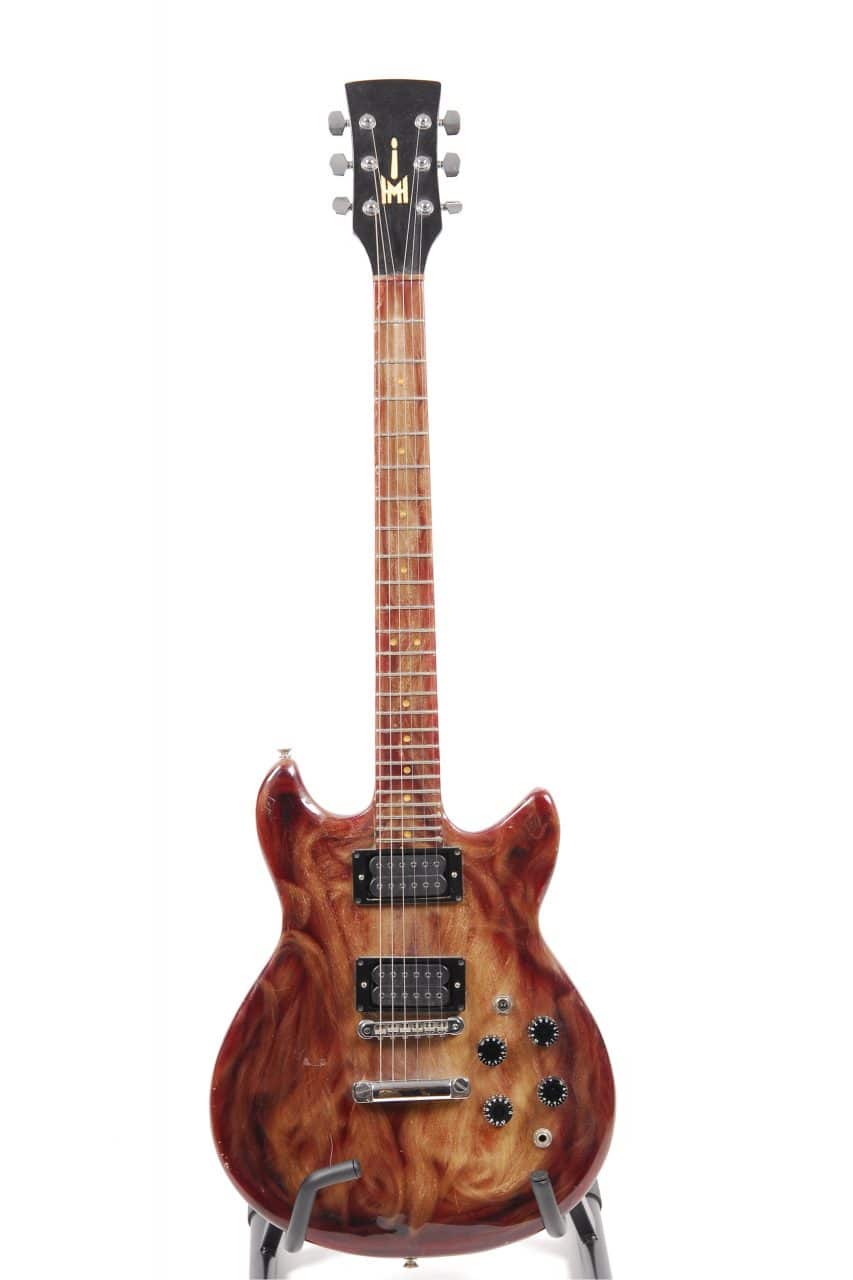
Once the fibres have been removed from the hemp stems, what remains is 77% cellulose: the building blocks of trees and plants and a source of plastic that is biodegradable. Hemp grows prolifically, making it an extremely efficient crop for these sustainable plastics known as ‘bioplastics’. They are lightweight, biodegradable and can replace many petrochemical plastics (oil-based plastics).
Hemp plastics and other hemp products can reduce the greenhouse effect by ‘locking in’ carbon. As it grows, hemp absorbs carbon dioxide (CO2), which is the basic element of all plants and animals, from the atmosphere and converts this pollutant into oxygen, which it then releases. When hemp is used for materials that are sustainable, and thus last a long time, this CO2 stays locked in the material, preventing it from being released into the atmosphere. This is a method of combating global warming, while the production of petrochemical plastics, on the other hand, generates high CO2 emissions and toxic bi-products.
Hemp plastic is nothing new. Hemp was indispensable to the very first plastics due to its high cellulose content. The famous car manufacturer Henry Ford swore by the plant:
Why use up the forests which were centuries in the making and the mines which required ages to lay down, if we can get the equivalent of forest and mineral products in the annual growth of the hemp fields?
In 1941 Ford produced a prototype that showed the great potential of hemp used in combination with innovative technology. The car’s body was made from a plastic composite which consisted of 70% hemp fibre mixed with straw and sisal. Ford demonstrated the strength of the hemp composite by beating the car with a club and leaving no dents in the bodywork.
From 1942, a year after Ford’s prototype was drawn up, farmers were encouraged to grow hemp for the war effort in a film called ‘Hemp For Victory’, which can be viewed in full in our museum. After the war, hemp was forbidden again and the slander of cannabis under the name ‘marijuana’ halted research into its potential as a base component just as the plastics industry was really beginning to take off.
Currently, the amount of hemp plastic products commercially available is somewhat limited, mainly due to the restrictions on growing industrial hemp in most of the world. Nonetheless, there are companies that successfully market CD and DVD sleeves, scooters, consumer electronics, designer chairs and even musical instruments made from hemp plastic. The Hash Marihuana & Hemp Museum exhibits a selection of products made from hemp plastic, from a didgeridoo to a chair for an underground train. One of the highlights of the collection is an electric guitar with a body made entirely from hemp plastic.
One of the most striking uses of hemp plastic is the door panels and back shelves of certain series of cars by BMW, Mercedes-Benz and Bugatti, which are made from hemp fibres. Ford’s dreams are coming true after all!

You might also be interested in these topics

When hemp seed is pressed, it creates an oil which can be used directly for nutritional and industrial products.
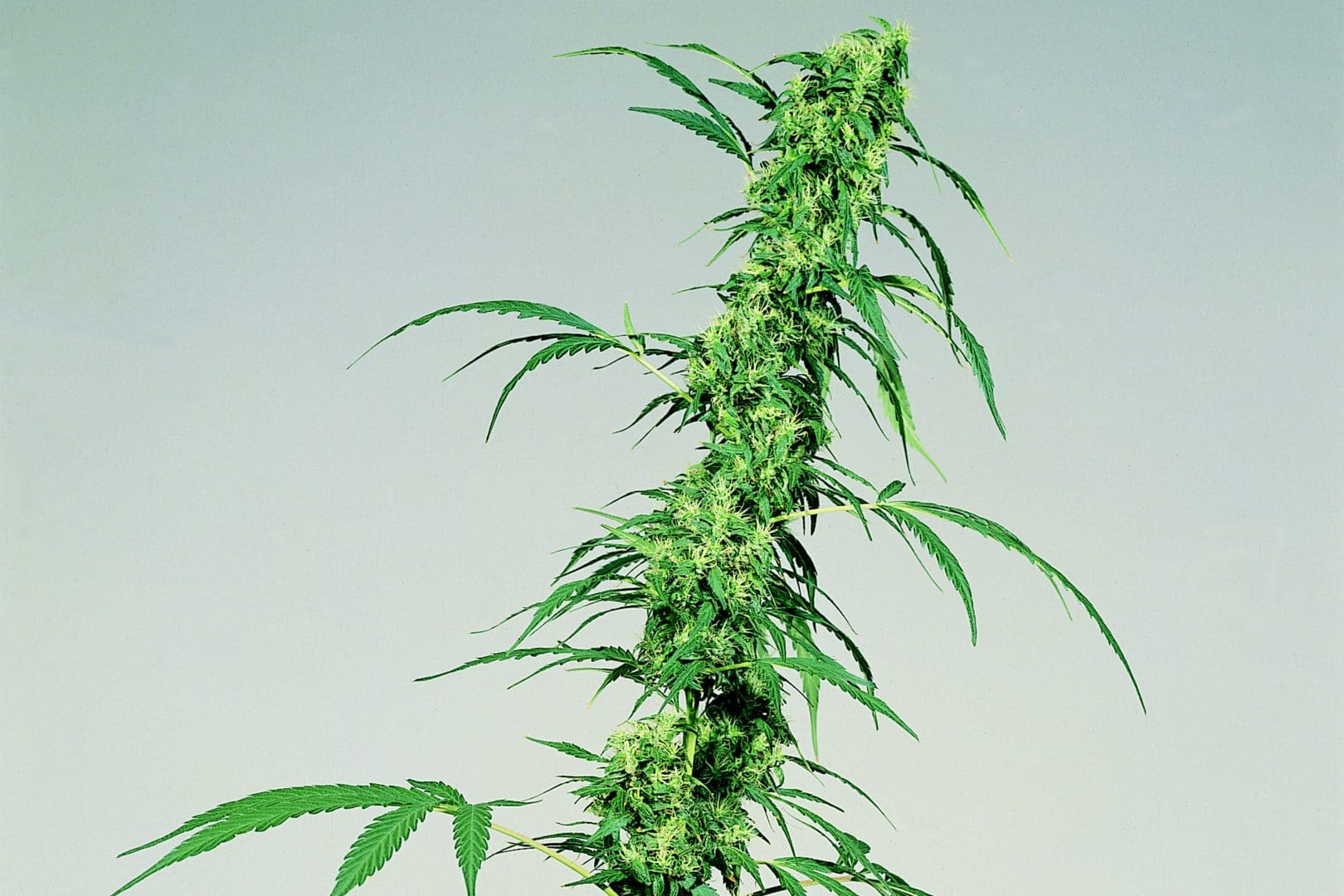
Cannabis Sativa is probably the most common form of cannabis worldwide and also the type with the most applications.
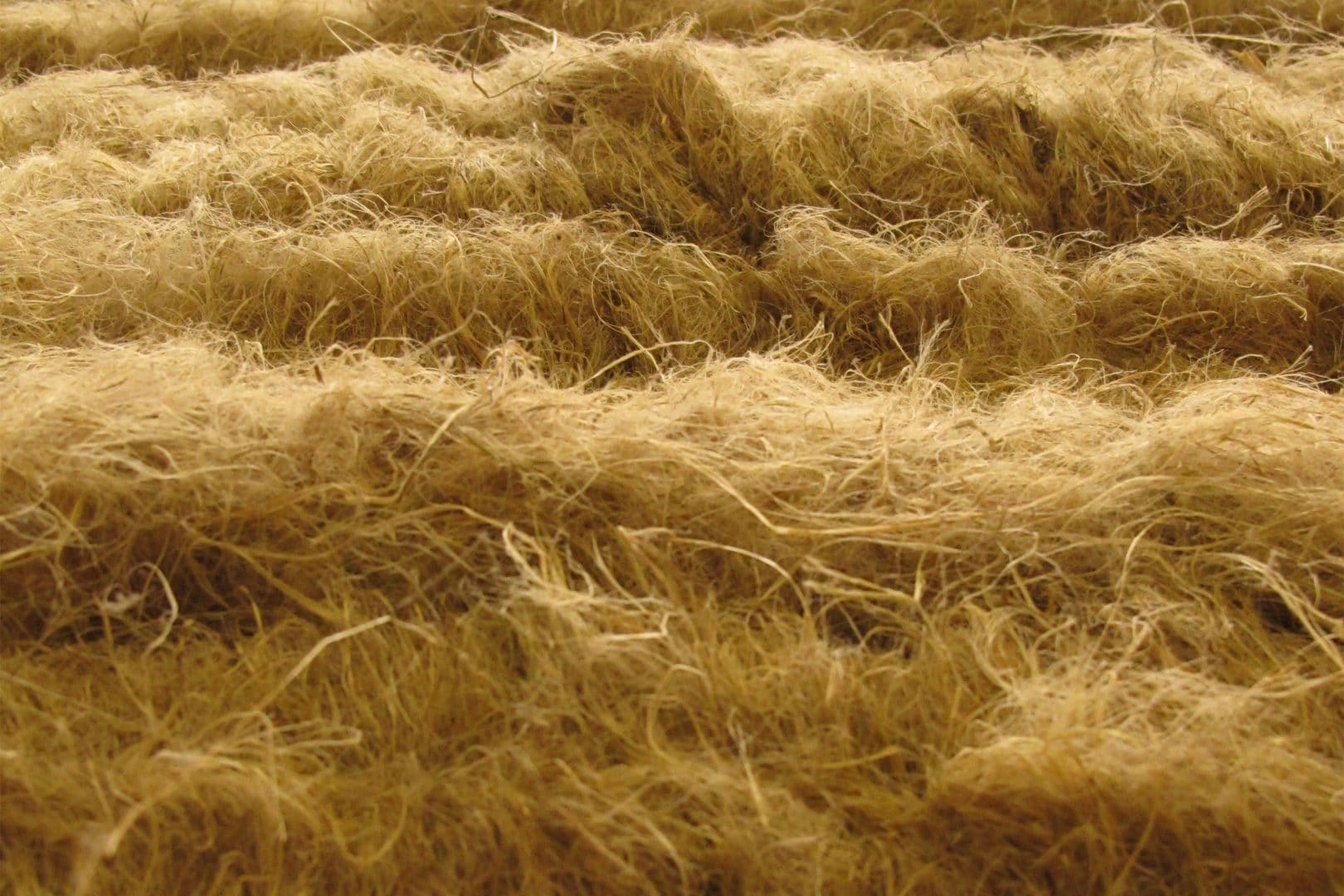
Hemp fibres are among the strongest soft fibres in the plant world. Humans discovered early on how to fabricate thread, rope and textile from it.
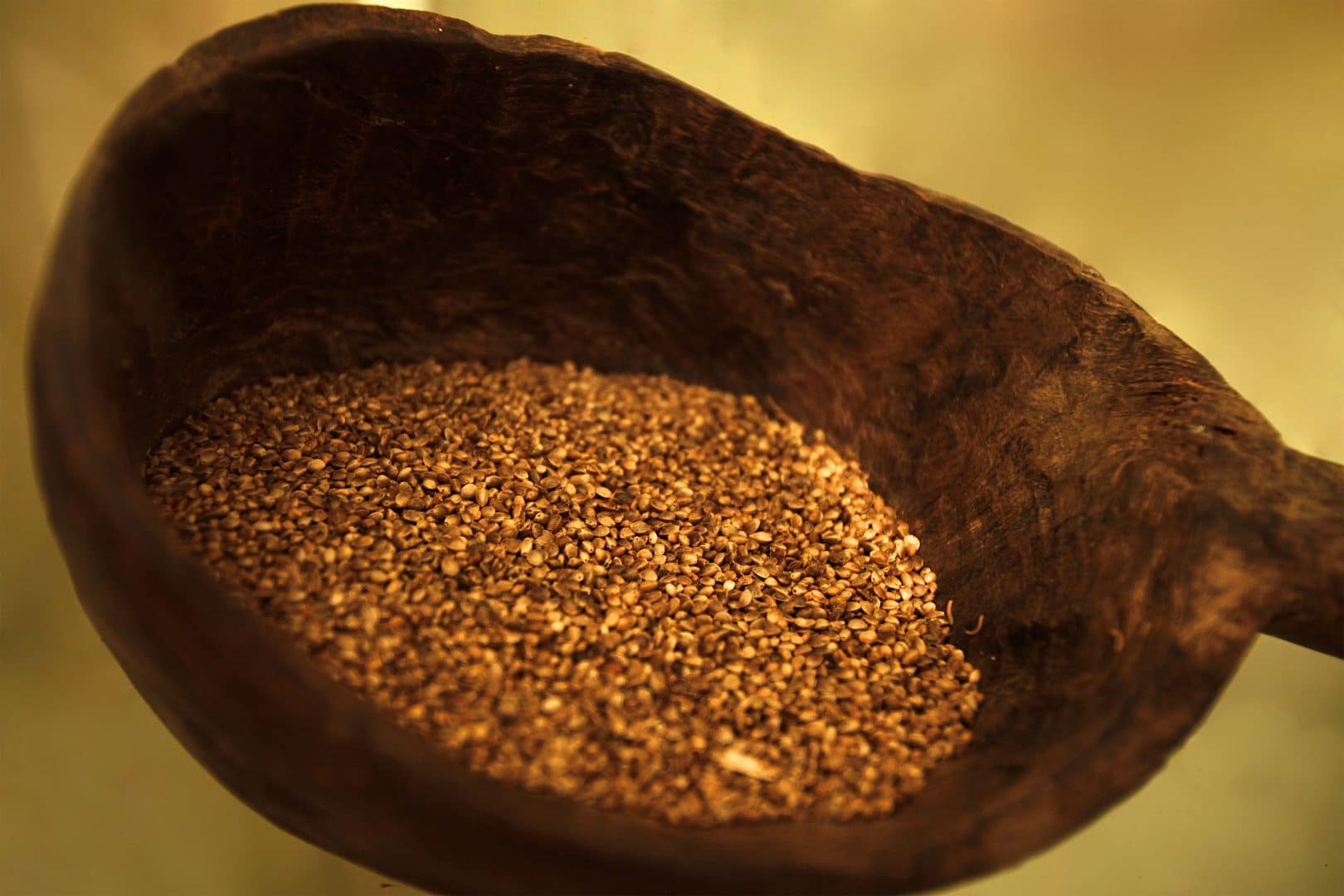
Hemp seeds are an extremely valuable product of industrial hemp cultivation.

Thanks to a generous donation by the Dutch chemist Dr. Willem Mulder, the museum was able to enrich its collection with a surfboard made from hemp fibres.

See live cannabis plants growing in our garden exhibit in Amsterdam.
Buy your ticket Plan your visit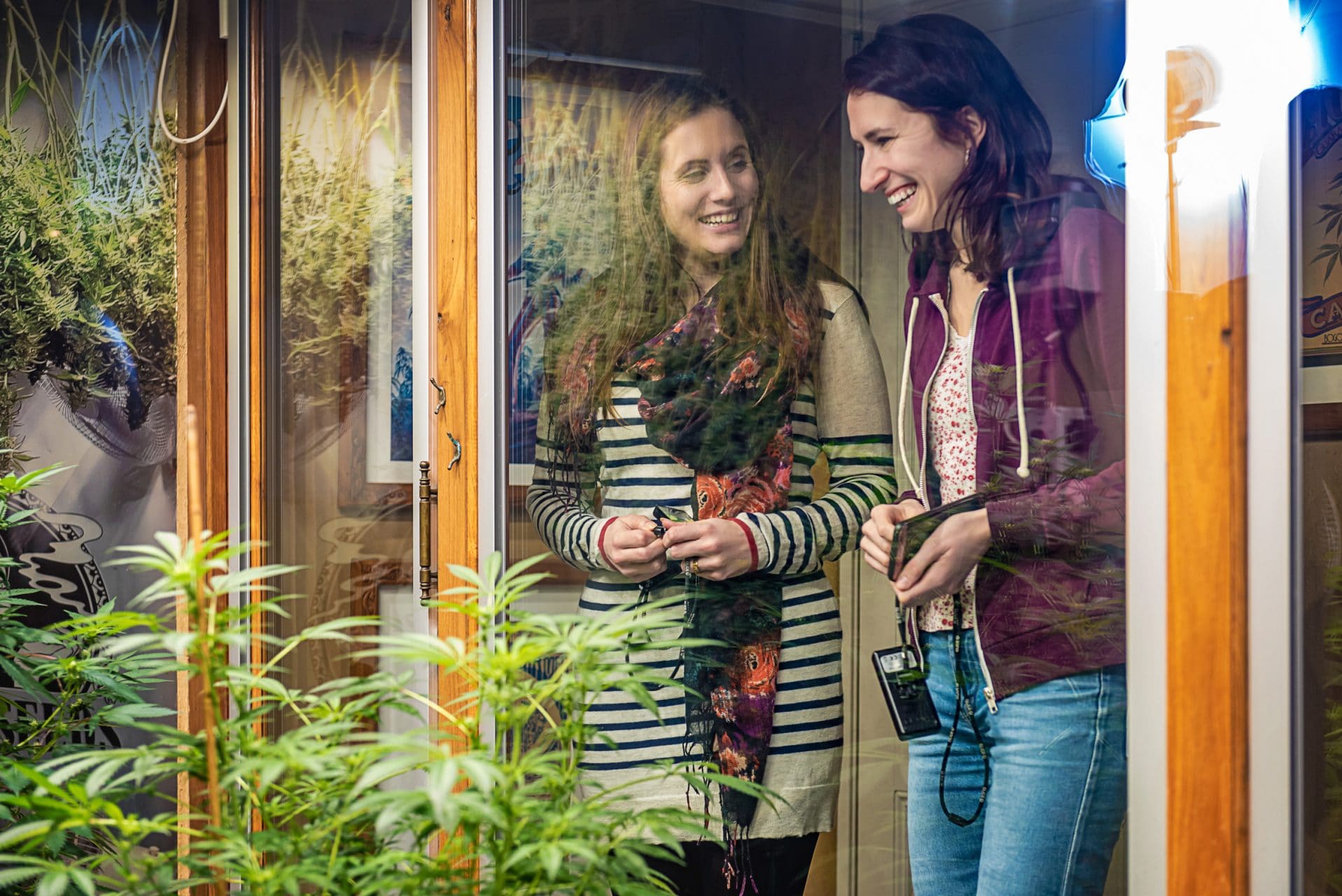
Sign up to get the latest news about the museum, upcoming exhibitions and events.
Oudezijds Achterburgwal 148
+31 (0)20-6248926
amsterdam@hashmuseum.com
Monday to Thursday: 12:00 – 20:00
Friday to Sunday: 10:00 - 22:00
More information
Carrer Ample 35
+34 93 319 75 39
barcelona@hashmuseum.com
Every day: 11:00 – 20:00
More information
© 1987 - 2026 Hash Marihuana & Hemp Museum. All Rights Reserved. CSS Status 404